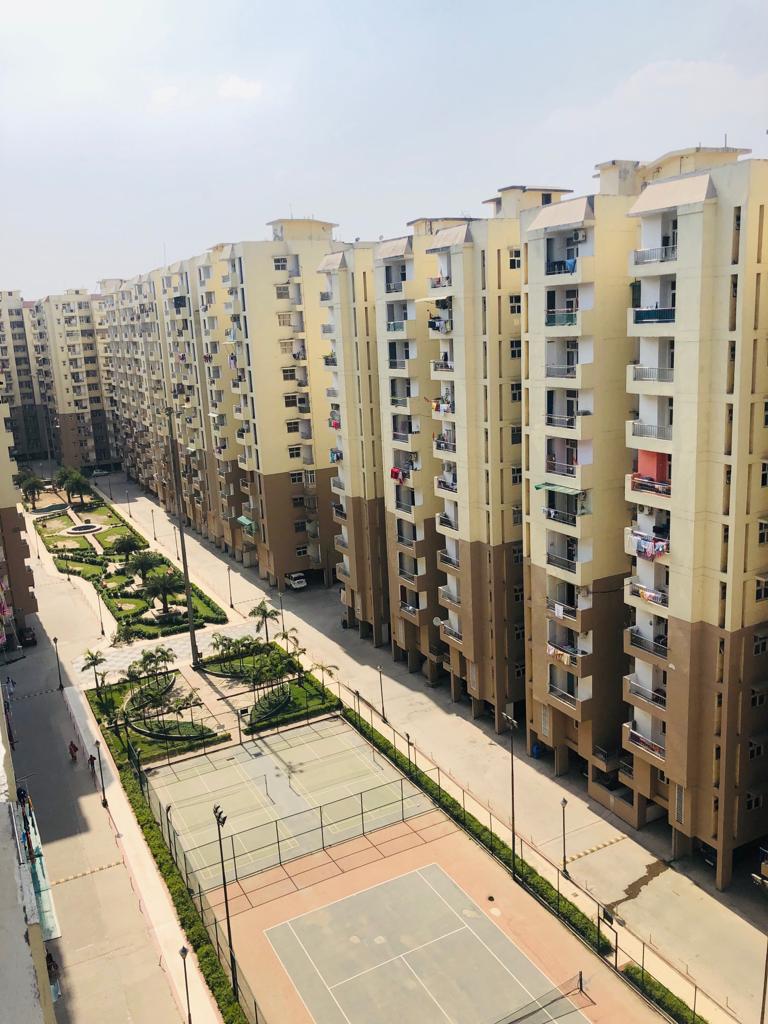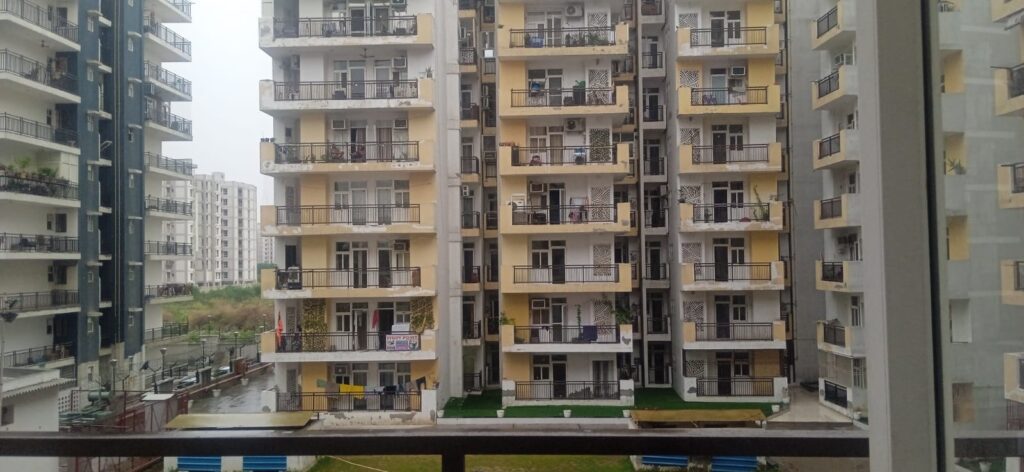Table of Contents
ToggleIntroduction
Real estate crowdfunding in India is a relatively new concept but is gaining traction as an alternative investment avenue. Here’s how it works and what you should consider if you’re thinking of investing in real estate crowdfunding using Indian Rupees (INR):
How It Works
Platform Selection: In India, there are platforms like PropShare, Real Estate India (REI), and Easy Fix Property that focus on real estate crowdfunding. These platforms offer investment opportunities in various real estate projects across residential, commercial, and industrial sectors.
Investment Opportunities: The platforms list available real estate projects, detailing the type of property, location, expected returns, and duration. Investors can browse these opportunities and select projects based on their risk tolerance and investment goals.
Investment Amount: Investors contribute funds in INR to the selected projects. The minimum investment amount can vary but is generally accessible to a broad range of investors.
Pooling Funds: The platform aggregates the contributions from various investors to fund the project.
Management: The real estate development or management company handles the property and its operations, while the platform oversees the investment process.
Returns: Investors earn returns based on the project’s performance, which could be in the form of rental income, interest payments, or profit-sharing from the sale of the property.
Exit: Depending on the project’s structure, investors might receive returns periodically or a lump sum upon project completion or sale.
Considerations
Regulatory Environment: Real estate crowdfunding in India is subject to regulatory frameworks set by entities like the Securities and Exchange Board of India (SEBI). Ensure that the platform and project comply with local regulations to safeguard your investment.
Platform Reputation: Research the crowdfunding platform’s track record, management team, and user reviews. A platform with a solid reputation and transparent operations is crucial.
Risk Assessment: Real estate investments carry inherent risks, including market fluctuations, project delays, and management issues. Review the project’s feasibility, developer reputation, and exit strategy before investing.
Diversification: Like other investments, diversification can help manage risk. Consider spreading your investment across multiple projects or platforms.
Fees: Be aware of the fees charged by the platform. These could include management fees, performance fees, and other costs that might impact your returns.
Legal Aspects: Ensure that you understand the legal agreements involved in the investment. It’s advisable to consult with a legal advisor if needed.
Popular Platforms in India
PropShare: Known for its focus on institutional-grade real estate projects and a rigorous vetting process.
Real Estate India (REI): Offers a range of real estate investment opportunities with varying risk profiles.
Easy Fix Property: Focuses on making real estate investment accessible to individual investors with lower minimum amounts.
Real estate crowdfunding can offer a way to invest in the real estate sector without having to directly purchase and manage properties. However, as with any investment, it’s important to do thorough research and consider your financial situation and investment goals.









